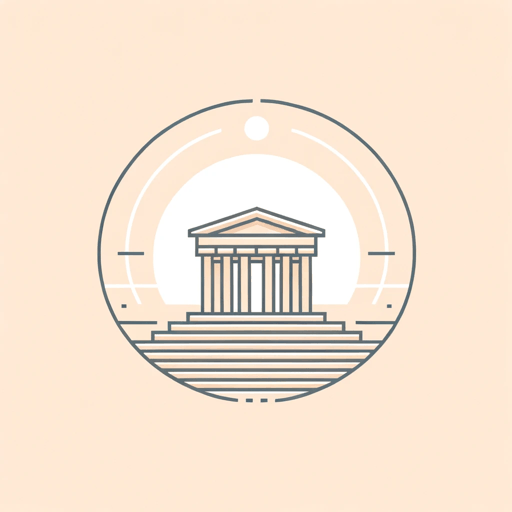43 pages • 1 hour read
Mircea Eliade, Transl. Willard R. TraskThe Myth of the Eternal Return
Nonfiction | Book | Adult | Published in 1949A modern alternative to SparkNotes and CliffsNotes, SuperSummary offers high-quality Study Guides with detailed chapter summaries and analysis of major themes, characters, and more.
Themes
Time and Being
A distinctive element of Eliade’s work is the central role of temporality and eternity in the spiritual practices and ontological beliefs of human behavior. In archaic ritual, Judeo-Christian messianic faith, and modern philosophy of history, humanity’s relationship to time is radically different. These varying relationships to time both indicate and are integral to entirely opposed worldviews. In a sense, the entirety of the way in which the world is revealed to different persons at different times changes via the way people relate to time. At no point in this discussion does Eliade conduct a philosophical or ontological inquiry to discover the true nature of time. Eliade did not write a philosophical treatise defending the reality of a conception of time. As a historian of religious ideas, he presents the ontological, mythological, and philosophical ideas of archaic (and modern) communities and individuals. He evaluates these ideas based on their practical merit, not on a particular philosophical orientation.
For archaic humanity, time was divided into two fundamental components: the sacred and the profane, concepts explored predominantly in the first chapter of The Myth. At sacred times (during rites, ceremonies, the new year, etc.) the members of a community were united with divine archetypes in a creative rearticulation of endlessly repeating cosmic actions.
Related Titles
By these authors


